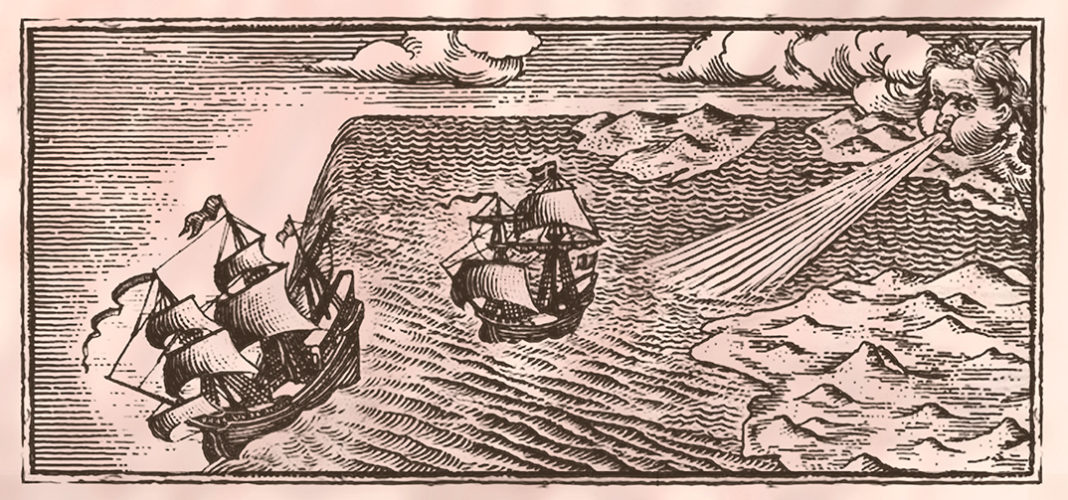Half of what we are going to teach you is wrong, and half of it is right. Our problem is that we don’t know which half is which.
Dr. Sidney Burwell, the dean of Harvard Medical School from 1935-1949, had these thought-provoking, wise words for incoming medical students.
Dr. Burwell’s statement was 100 percent true then. (And it still is today.) Consider the practice of “bloodletting,” once considered an excellent treatment for most ailments. A well-meaning 18th Century physician sings its praises:
(Bloodletting) clears the mind, strengthens the memory, cleanses the stomach, dries up the brain, warms the marrow, sharpens the hearing, stops tears, encourages discrimination, develops the senses, promotes digestions, produces a musical voice, dispels torpor, drives away anxiety, feeds the blood, rids it of poisonous matter, and brings long life.
Sounds like quaint hooey today. But it was hardcore science then. And it’s not the only example of a “fact” that turned out not to be true. I bet anyone who watches The Knick — warning: spoiler alert! — has Googled whether cocaine was really used as an anesthetic or if pulling teeth was a treatment for insanity. Both bizarrely true.
Indeed, science is a moving target. A lot of what I learned in medical school is now being challenged. Cholesterol may not be as unhealthy as was once thought. A new report by a government advisory committee describes it as, “not a nutrient of concern for overconsumption.” Feeding peanuts to infants is no longer linked with food allergies. In fact, top researchers now believe it may prevent food allergies. Diet foods and soft drinks are no longer recommended to those trying to lose weight. Mounting evidence suggests artificial sweeteners may actually contribute to weight gain. New data emerges all the time.
Why are we so surprised when scientific “facts” are upended? Why does an unshakable faith in modern science persist when these “facts” keep changing?
Medical knowledge, like most knowledge, is a moving target. This is a good thing. I think of it as progress. It reminds us to keep asking questions and to challenge notions of truth about ourselves and the world we live in.
Deciding what is true and who to trust has become increasingly complicated. Developmental psychologist Howard Gardner suggests it is time to:
go beyond the notion that there’s a fixed body of truths located in books or especially in Wikipedia entries, and focus instead on when somebody makes a statement, on what basis did they make that statement, and what was the evidence?
Gardner continues:
There isn’t a single truth, but rather there are truths in different fields, and we have to learn how people in those fields make truth judgments.
The key is to keep an open mind and to keep learning throughout life.
This is an important 21st Century skill. Taking a step back, to gain perspective, to re-think goals and to reflect on values, is essential. Lifelong learners never stop asking questions and challenging what they think they know. They are forever mentors and mentees.
No matter what their age is, they have a “beginner’s mind” like Alfred J. Stunker, a pioneer of obesity research. Throughout his career and as he aged, his learning curve never plateaued.
Stephen Hawking is another example of someone who refuses to accept established truths and who relentlessly questions theories, including his own:
The greatest enemy of knowledge is not ignorance, it is the illusion of knowledge.
The ability to change and to adapt in a changing world is essential. Howard Gardner offers some sound advice:
We have to update, just like a good computer file. If you are thinking the same way that you did 50 years ago, that’s not good.
And this isn’t just about science and medicine, of course, but in all aspects of making our lives richer, fuller and more truthful.
I wish you all the best,
Dr. Samantha Boardman






